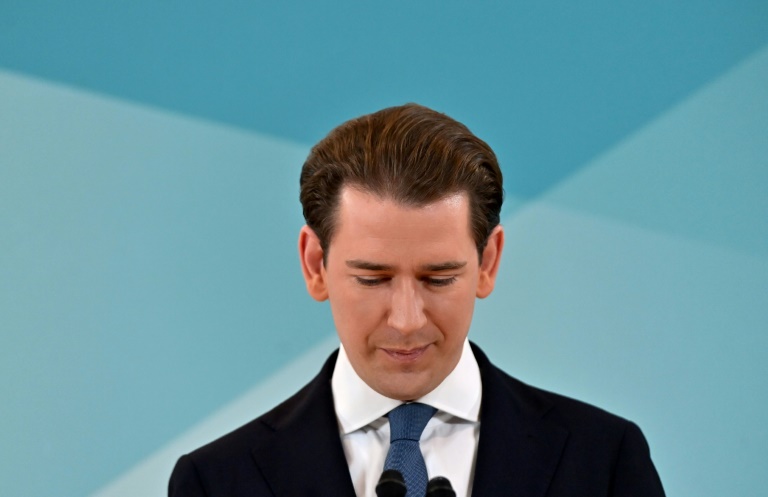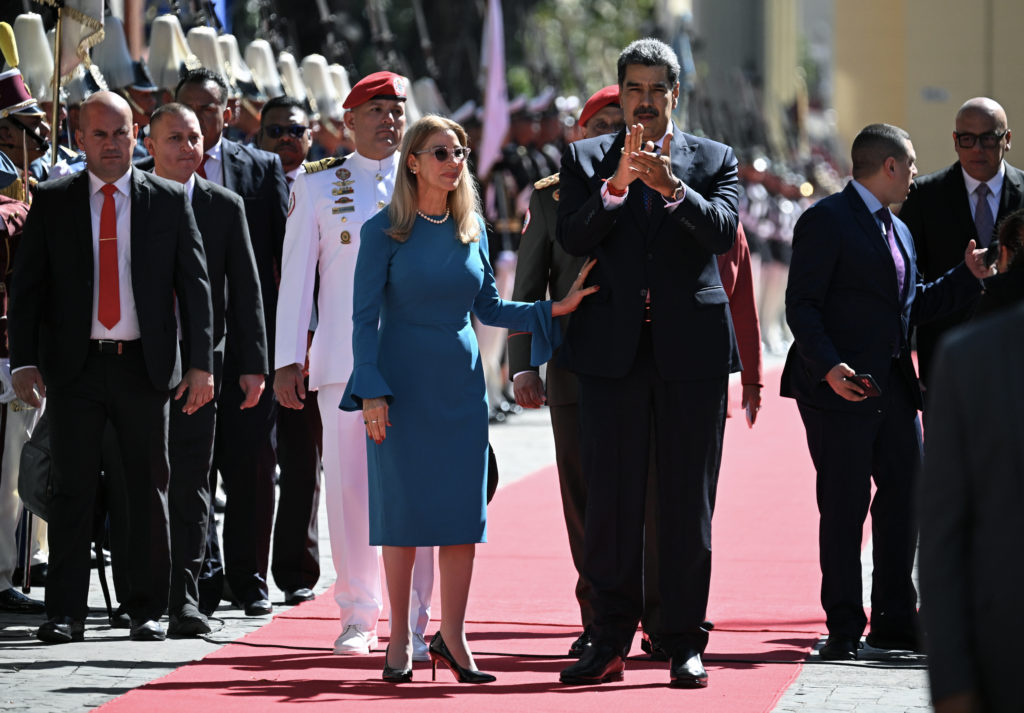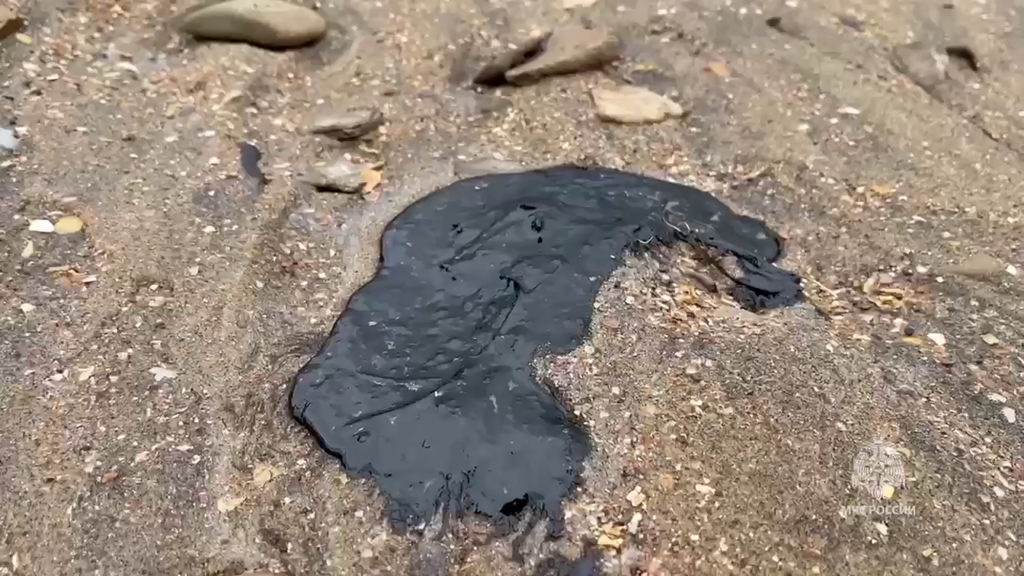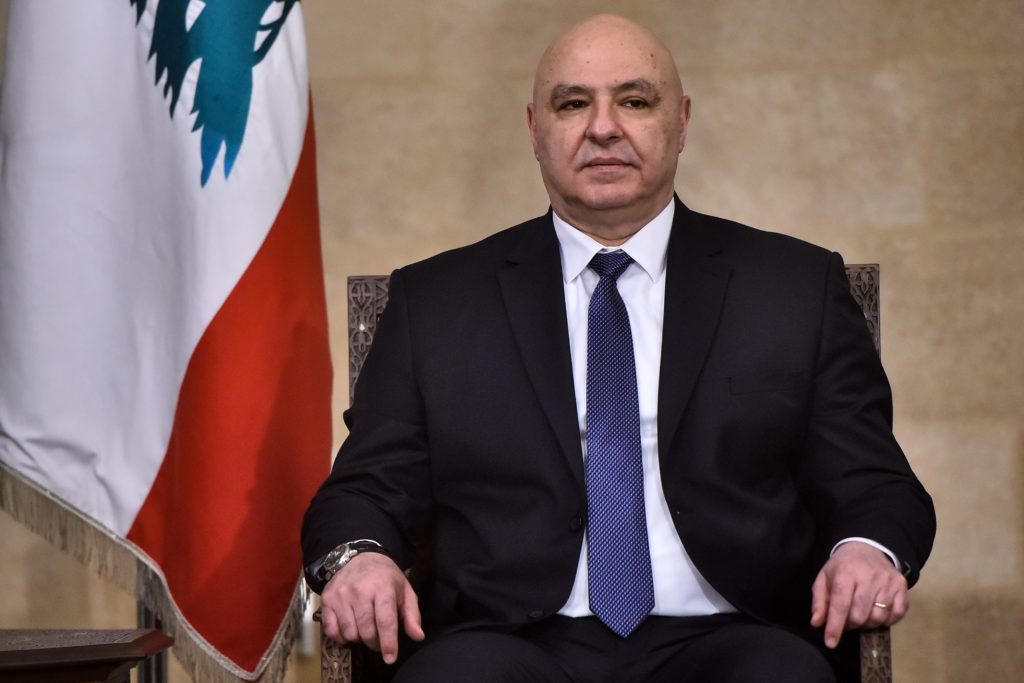Austria’s ex-chancellor Sebastian Kurz on Thursday said he was quitting politics, just two months after resigning as national leader following his implication in a corruption scandal.
The announcement caps a spectacular career, which at age 31 saw him become the world’s youngest democratically elected head of government in 2017.
“A new chapter begins in my life that I can open today,” the 35-year-old conservative told reporters.
“Above all, I look forward to spending time with my family and my (new-born) child before I dedicate myself to new professional challenges in the new year,” he said.
He said he would hand over all his political functions, including the leadership of his conservative People’s Party (OeVP).
“Today’s decision was not easy for me,” he told reporters, adding that having to fight corruption allegations against him had taken a heavy toll and diminished his “passion” for politics.
– ‘Neither saint, nor criminal’ –
In a spectacular turn of events, Kurz stepped down as chancellor on October 9, shortly after he was implicated in a sweeping corruption investigation.
He dismisses any allegation of wrongdoing, and on Thursday again reiterated that he hopes to get a chance to prove his innocence in court.
“I am neither a saint nor a criminal, I am a person with strengths and weaknesses,” he said.
Kurz over the weekend announced on Facebook the birth of his son Konstantin, and on Thursday said the birth had been an “extraordinary” experience — even better than winning two elections.
Kurz’s first coalition with the far-right collapsed in 2019 when his ally became engulfed in a corruption scandal, leading to fresh elections.
Those returned Kurz as chancellor, this time heading an administration with the Greens.
The latest corruption scandal erupted in October when prosecutors ordered raids at the chancellery and the finance ministry while investigating allegations that Kurz’s inner circle used public money to pay for polls tailored to boost his image.
Prosecutors also suspect that in return for the polls, and fawning coverage of Kurz, tabloid Oesterreich received lucrative public adverts.
Prosecutors say that Kurz and nine other individuals, as well as three organisations are under investigation.
When Kurz resigned in October, his close ally and party colleague Alexander Schallenberg, then the foreign minister, took over the leadership post.
– ‘Great respect’ –
Following Kurz’s announcement, his own party colleagues as well as some opposition politicians expressed support.
President Alexander Van der Bellen said he thanked Kurz in a telephone call for the “good and trustful cooperation”.
Kurz’s former deputy, Vice Chancellor Werner Kogler, said he had “great respect” for Kurz’s decision.
“Despite all the differences, we have achieved a lot together,” he tweeted.
Growing up in Vienna as the only child of a secretary and a teacher, Kurz became active in the OeVP at the age of 16.
Having dropped out of his law studies to focus on politics, he first entered government in 2011 as secretary for integration, and then as foreign minister two years later, aged 27.
Kurz wrested control of the OeVP in 2017.
With his hard stance on immigration, he won over voters for the party and was credited with revitalising it and increasing its popularity ratings.











